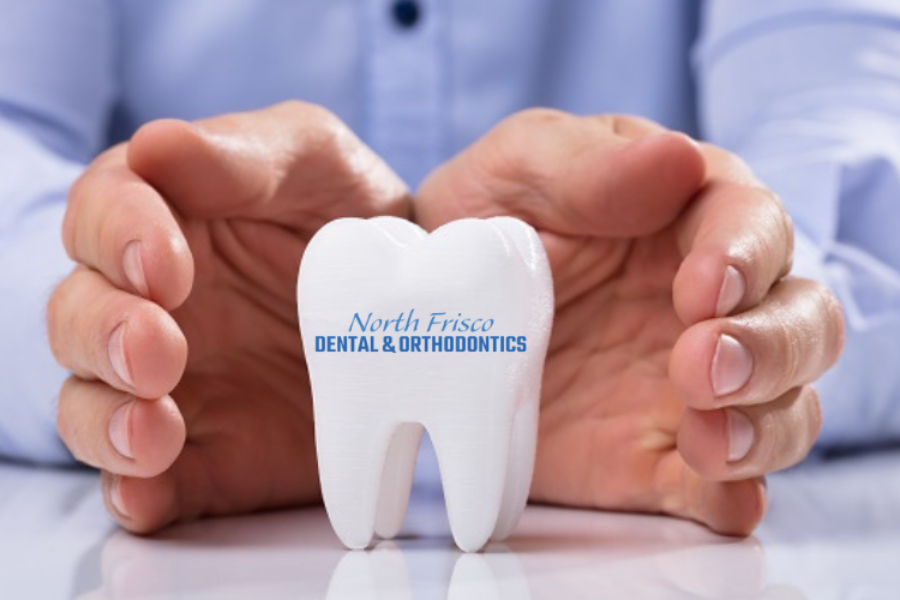How to Save Money on Dental Care with Insurance
Introduction to Dental Insurance
Dental care is an integral component of overall wellness, yet the costs can be prohibitively high for many. This is where dental insurance steps in, offering a way to manage expenses while ensuring you receive the necessary preventive and restorative treatments. Dental insurance plans generally provide coverage for routine check-ups, cleanings, and a portion of more extensive dental work. By understanding how to navigate these plans, you can save substantial amounts on dental care.
Types of Dental Insurance Plans
Preferred Provider Organization (PPO)
One of the most popular types of dental insurance is the Preferred Provider Organization (PPO). These plans offer flexibility in choosing your dentist, as they provide a network of preferred providers. The most cost-effective dentists to see are those in our network, while you can also see out-of-network dentists for more money. For instance, PPO dental insurance plans typically offer discounted rates on dental services for in-network providers, making it a cost-effective choice for many individuals.
Health Maintenance Organization (HMO)
Health Maintenance Organization (HMO) plans generally cost less than PPO plans but come with some restrictions. Selecting a primary care dentist from the HMO network and requesting recommendations for specialists are required. While this type of plan limits your choices, it usually offers comprehensive coverage with lower out-of-pocket costs.
Indemnity Plans
Indemnity plans, also known as traditional dental insurance, give you the freedom to visit any dentist. These plans typically reimburse a percentage of your dental expenses up to a certain limit. While providing flexibility, indemnity plans may come with higher premiums and deductibles.
Understanding Your Dental Insurance Plan
Before you can maximize your savings, it’s essential to understand your dental insurance plan’s specifics. Familiarize yourself with what is covered and what is not. Typically, plans cover preventive care at 100%, basic procedures at 70-80%, and major procedures at 50%. Always check your plan’s annual maximum and deductible. Knowing these details will help you budget for any out-of-pocket expenses and avoid unexpected costs.
Maximizing Preventive Care
One of the best ways to save money on dental care is through preventive care. Most dental insurance plans cover routine cleanings, exams, and X-rays at 100%, encouraging you to keep up with regular check-ups. By attending these appointments, you can catch potential issues early, preventing the need for more expensive treatments down the line. For instance, catching a cavity early means it can be filled before it requires a costly root canal.
Utilizing In-Network Providers
Choosing in-network providers can make a significant difference in your dental care costs. In-network dentists have agreed to charge reduced fees for services, which can lower your out-of-pocket expenses. Always check if your dentist is in-network before making an appointment. If you are happy with your current dentist, inquire if they offer a discount plan or financing options if they are out-of-network.
Planning Major Dental Procedures
If you know you will need major dental work, such as crowns, implants, or orthodontics, plan to spread the treatments over multiple years. This approach can help you stay within your insurance plan’s annual maximum and avoid large out-of-pocket expenses. Additionally, some dental offices offer payment plans, allowing you to spread the cost over several months.
Taking Advantage of Flexible Spending Accounts (FSAs) and Health Savings Accounts (HSAs)
Flexible Spending Accounts (FSAs) and Health Savings Accounts (HSAs) allow you to set aside pre-tax dollars for medical and dental expenses. By using these accounts to pay for your dental care, you can effectively lower your overall costs since the money you contribute is not subject to income tax. Many employers offer FSAs and HSAs as part of their benefits packages, so be sure to explore these options if they are available to you.
Reviewing Your Dental Insurance Annually
Your dental insurance needs may change over time, so it’s essential to review your plan annually during the open enrollment period. Assess whether the plan you have still meets your needs and if there are new plans available that offer better coverage or lower costs. It’s also a good time to check if any changes have been made to your current plan that might affect your coverage or out-of-pocket expenses.
Combining Dental Insurance with Other Discounts
Some dental providers offer membership plans or discount dental plans. These can be used in conjunction with your dental insurance to save even more money. Membership plans often provide discounts on services for an annual fee, while discount plans offer reduced prices on dental procedures. Explore these options to see if they can help lower your dental care costs further.
Educating Yourself About Dental Procedures
Understanding the various dental procedures and their costs can help you make informed decisions about your dental care. Don’t hesitate to ask your dentist for detailed explanations of recommended treatments, their benefits, and potential alternatives. You can save money and prevent needless procedures by being prepared.
Utilizing Tele-dentistry
Tele-dentistry is becoming increasingly popular, allowing you to consult with a dentist remotely. This can be a cost-effective way to get professional advice on minor dental issues without the expense of an office visit. Verify whether tele-dentistry services are covered by your dental insurance plan, and when suitable, take advantage of this practical option.
Conclusion
Saving money on dental care with insurance is achievable by understanding your plan, utilizing preventive care, choosing in-network providers, and exploring additional discounts and financing options. Regularly reviewing your dental insurance plan and staying informed about dental procedures can further help you manage your dental care expenses effectively. You can guarantee that you keep good oral health without going over budget by following these guidelines.
Explore the latest news and updates on verifiedzine






